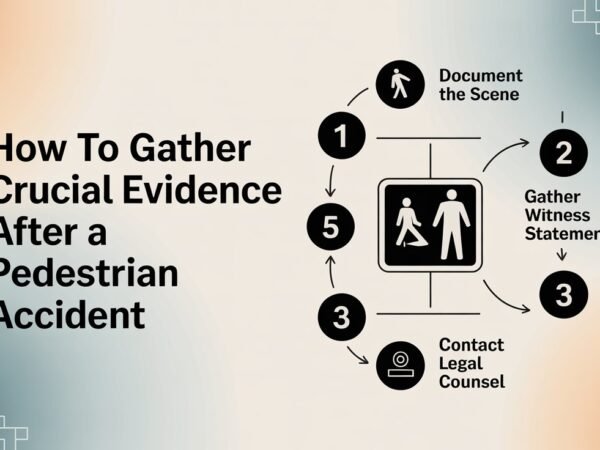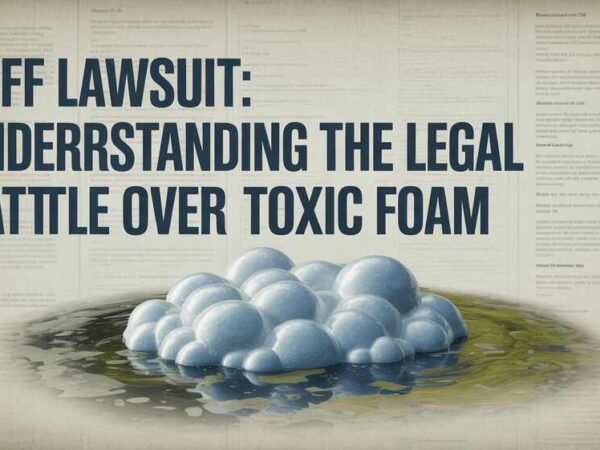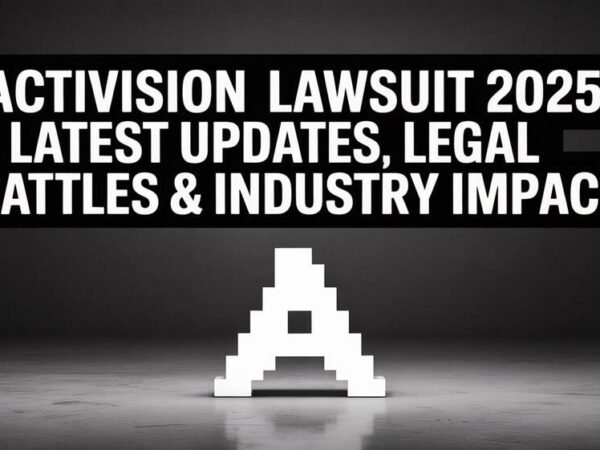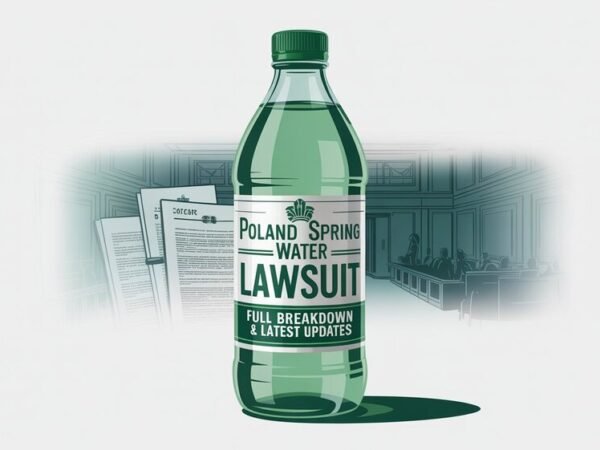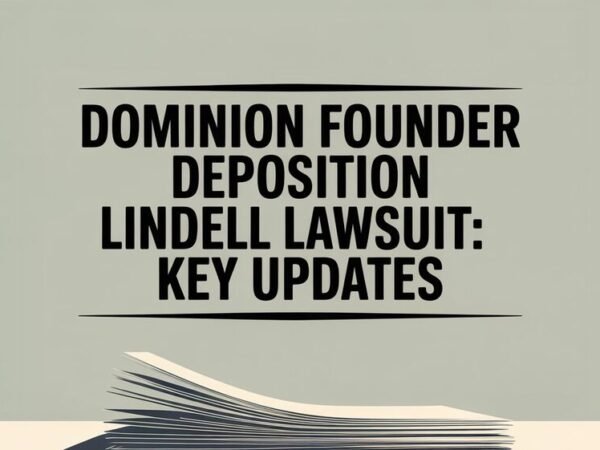For individuals who suffer a disabling illness or injury, long-term disability (LTD) insurance can be a financial lifeline. These policies are designed to replace a portion of your income when you’re no longer able to work due to a serious health condition. Unfortunately, many people find themselves shocked and frustrated when their LTD claims are denied. Understanding the reasons behind these denials is crucial if you want to protect your rights and secure the benefits to which you are entitled. This is where experienced legal guidance on long-term care policy disputes can make a real difference. Even when you believe your case is clear-cut, insurance companies often find ways to minimize or outright reject claims. Here are some of the most common reasons why LTD claims are denied—and what you can do about them.
Lack of Sufficient Medical Evidence
One of the most frequent reasons for denial is a lack of compelling medical documentation. Insurance companies require extensive evidence to support your disability, and a simple diagnosis isn’t always enough. Your claim needs to include detailed records such as physician notes, diagnostic tests, treatment plans, and any documentation that shows how your condition limits your ability to perform your job duties. Failure to submit the correct type of medical proof or follow up with specialists as recommended can harm your case, even if your condition is severe.
Pre-Existing Condition Exclusions
Many LTD policies have exclusions for pre-existing conditions. Suppose your insurance provider believes that your disability stems from a condition you had before the policy took effect. In that case, they may deny your claim, even if the condition has worsened significantly or recently reemerged. It’s important to carefully review your policy’s language about what qualifies as a pre-existing condition and how far back the insurer may look. In some cases, an attorney can help argue that your condition is unrelated or not covered by the exclusion period.
Failure to Meet the Policy’s Definition of Disability
Every LTD policy has its definition of what constitutes a “disability.” Some policies only pay benefits if you’re unable to perform any job, while others are more lenient and provide coverage if you can’t perform your occupation. If the insurance company believes you can perform another type of work—even if it pays less or isn’t in your field—they may deny your claim. This is often a grey area where claimants benefit from professional advocacy to contest unfair determinations.
Surveillance or Social Media Evidence
Insurance companies frequently use private investigators to conduct surveillance on claimants or review their social media profiles. If you’re seen engaging in physical activities that seem inconsistent with your claimed disability—like walking a dog, lifting groceries, or attending a social event—your claim could be challenged or denied. While these moments may not reflect your daily limitations, they can still be used out of context against you. It’s best to be mindful of public appearances and social media usage during the claim process.
Missed Deadlines or Incomplete Paperwork
Filing a long-term disability claim is a time-sensitive process with strict deadlines. Missing a key filing date or failing to submit required documents can lead to automatic denial. Insurers may also deny claims based on incomplete or incorrectly filled-out forms. Maintaining detailed records and submitting all required information on time is crucial. Many people choose to work with legal professionals to ensure that all deadlines and requirements are met adequately.
Final Thoughts
A denied LTD claim doesn’t necessarily mean the end of the road. Understanding the reasons behind the denial and knowing your legal rights are the first steps toward fighting back. Whether your claim was denied due to technical errors, disputed medical evidence, or unfair policy interpretation, you don’t have to go it alone. With the proper support and guidance, you can appeal the decision and recover the benefits you’re entitled to. If you’re navigating the frustrating world of disability insurance, don’t hesitate to seek help. A knowledgeable attorney can review your case, deal with the insurance company, and help you pursue the compensation you need to move forward.
Do Read: AFFF Lawsuit: Understanding the Legal Battle Over Toxic Foam




